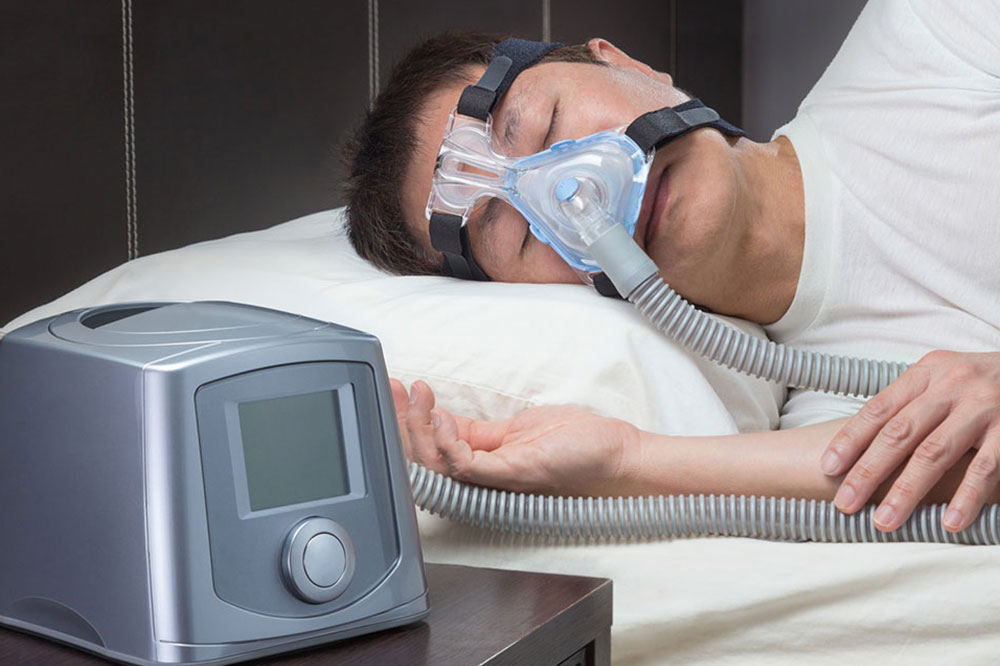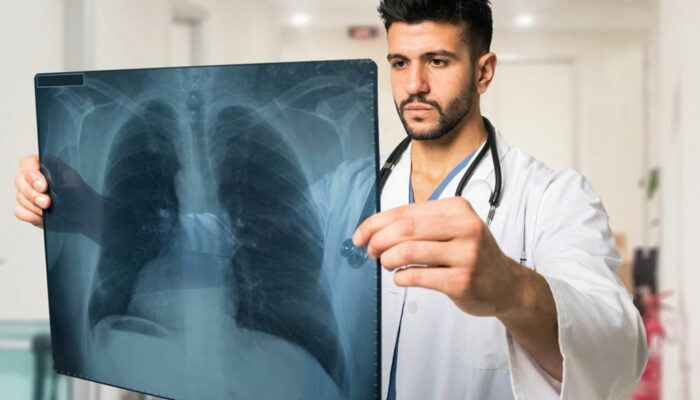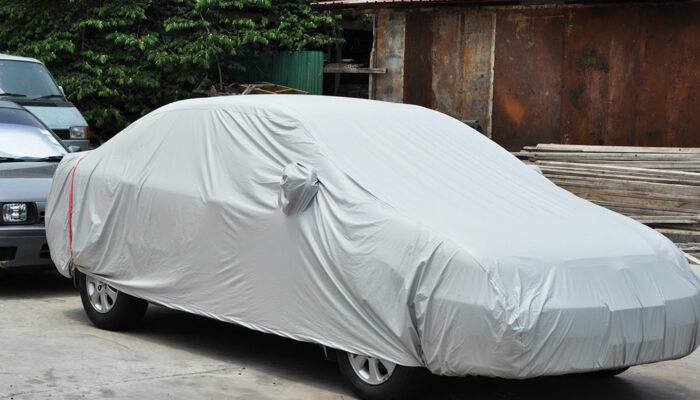
Sleep Apnea Signs and Symptoms
When a person ceases to breathe for a few seconds while sleeping and then starts breathing again, it is known as sleep apnea. This erratic breathing pattern can lead to loud snoring, drowsiness during the day, broken sleep cycles, and irregular heartbeats. It also results in depression and decreases the overall quality of life.
Sleep apnea can be classified into two types: central and obstructive. The signs and symptoms of sleep apnea may not be noticed by someone suffering from it. Often, people who sleep next to the victim notice the symptoms. The doctor may take the help of that person to form a diagnosis.
Some of the common signs and symptoms of sleep apnea include:
Unclear thinking
A survey showed that sleep apnea can have profound effects on how one thinks during the day; this is known as brain fog. Fragmented sleep at night is linked to repeated episodes of fragmented breathing. When a person falls asleep, the airway collapses. This causes a brief awakening to restore the breathing process. Sleep is responsible for clearing debris in pathways of the brain. When this natural process is disrupted, sleeping is not as rejuvenating. This may cause one to feel hazy and sometimes, it also leads to poor concentration, attention issues, and short term memory loss.
Uncontrolled blood pressure
Sleep apnea also plays a catalyst in the risk of developing high blood pressure. Also called hypertension, it can result in a heart attack or stroke. A drop in the oxygen levels, a rise in blood pressure, and spikes in heart rate can occur due to repeated episodes of disruptive breathing. When blood pressure cannot be controlled despite regular medication and a healthy lifestyle, there is a 96 percent chance of suffering from sleep apnea.
Dry mouth and drooling
When the nasal passage is blocked and the person breathes with their mouth, it can lead to them waking up with a dry mouth. This process may be a consequence of cold, deviated nasal septum, or even allergies. Breathing with the mouth can also contribute to loud snoring, due to the collapse of the airway. Sometimes, drooling can also lead to sleep apnea. When the mouth is open while asleep, saliva may drip from the mouth; this is known as drooling. Since both indicate breathing with the mouth, they can both be contributing factors to sleep apnea.
Depression
Problems with depression and problems with sleep often coincide. Feeling low, sadness, feeling guilty, losing interest in activities, episodes of crying, low energy levels, poor concentration, loss of appetite, and weight loss are directly related to depression which may be a result of sleep apnea. In this case, treating the root cause may help greatly.
Sleep apnea should not be ignored as it might cause complications later on. Several treatment procedures are available to help ease the symptoms and cease the occurrence of the condition permanently.



